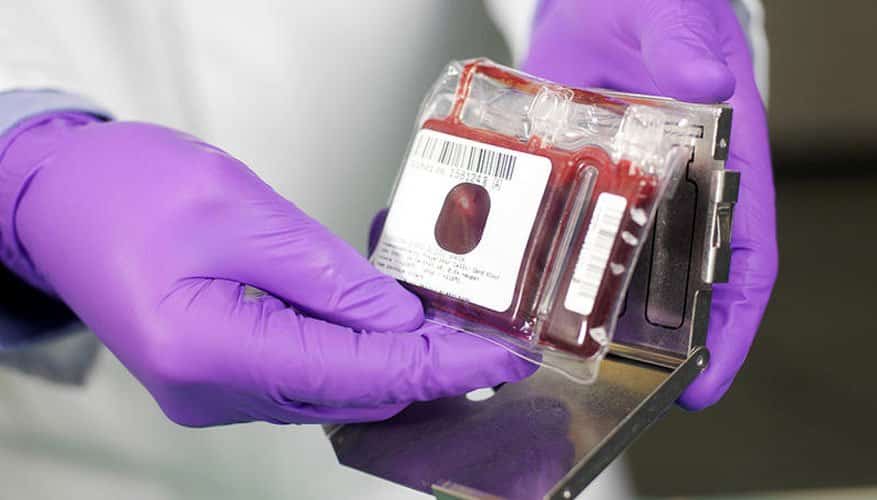Table of Contents
What is better a public or private cord blood bank
Should you donate your baby’s cord blood to a public bank? Or should you keep it for the use of your family?
Here is information that can help you decide.
Pros, cons and costs between a public or private umbilical cord bank
The public umbilical cord blood bank
Advantage
- Cord blood is collected, processed and stored for universal use, that is, it consists of a disinterested donation for treatments to any patient-compatible with the sample.
- It can be used for medical research.
- It is a free option
- Public donation of cord blood will increase the amount and diversity of umbilical cord blood units available to patients.
- Most medical organizations encourage public donation
Disadvantages
- You can not reserve it for your family, so it may not be available for future use.
The private umbilical cord blood bank
Advantage:
- Cord blood is stored for your own use in the future, or for use by a family member (such as a parent or sibling). The family “owns” cord blood and can make most of the key decisions about how it is used.
- The costs of collection and storage in private banks of umbilical cord blood are high
- It can serve as a kind of “health insurance”, since there are some emerging therapies for diseases such as autism and cerebral palsy that use the child’s own stem cells.
Disadvantages:
- Your child’s chance of using blood from his umbilical cord is extremely low
- It can not be used for genetic disorders such as sickle cell disease and thalassemia, because the genetic mutations that cause these disorders are present in the umbilical cord blood of the baby. It is possible that other diseases that are treated with stem cell transplantation, such as leukemia, are already present in the umbilical cord blood of the baby.
